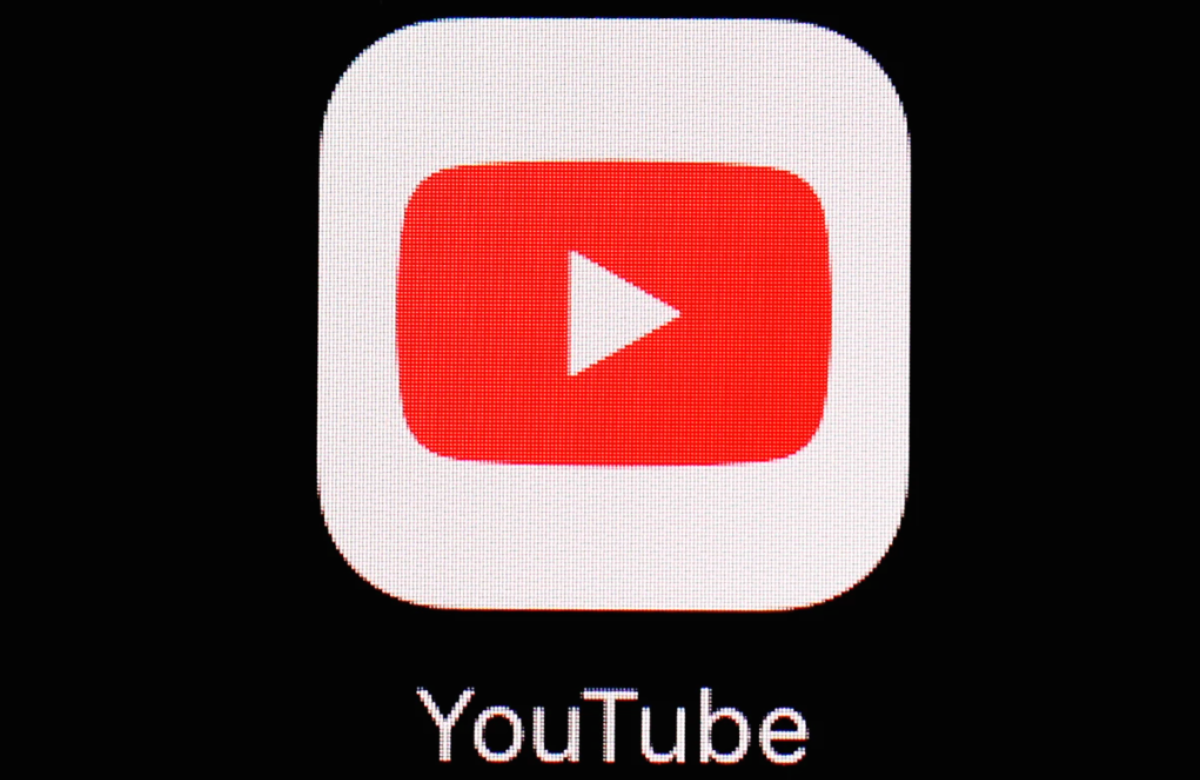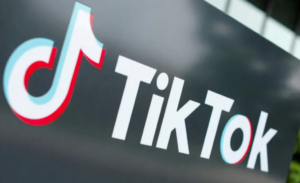Starting Wednesday, YouTube will begin testing a new artificial intelligence system in the U.S. designed to determine whether viewers are adults or minors based on their video-watching habits. This system is part of the platform’s broader effort to strengthen age verification and protect younger users from inappropriate content.
Initially, the test will apply to a small portion of U.S. users, but it could expand more widely if the technology proves accurate—something it has already demonstrated in other regions. The feature will only function when users are logged into their accounts, and it will attempt to determine a viewer’s age regardless of the birthdate provided at sign-up.
When the system detects that a logged-in user is under 18, YouTube will automatically apply its existing safety measures. These include limits on recommended videos, privacy alerts, and reminders to take screen breaks. Additionally, YouTube does not deliver personalized ads to users it identifies as minors.
Users who are mistakenly flagged as underage can challenge the result by providing proof of age through a government-issued ID, a credit card, or a selfie.
“YouTube was one of the first platforms to build experiences specifically for younger audiences,” said James Beser, director of product management at YouTube, in a blog post. “We’re proud to lead again with technology that improves safety while respecting teen privacy.”
For those who choose to browse YouTube without logging in, certain content will be restricted by default unless the viewer provides age verification.
Pressure has been mounting on tech companies to implement stronger age-verification systems, particularly after the U.S. Supreme Court upheld a Texas law in late June aimed at preventing minors from accessing online pornography. While platforms like YouTube are making moves to address the issue, some argue that the responsibility should fall more heavily on app stores operated by Apple and Google—an idea both companies have been reluctant to embrace.
However, not everyone supports stricter verification. Organizations such as the Electronic Frontier Foundation and the Center for Democracy & Technology have voiced concerns that these systems could threaten personal privacy and infringe on free speech rights.
Also Read:
Australia Reverses Earlier Position, Now Banning YouTube Accounts for Kids Under 16
China’s Exports and Imports Rise in July Following Pause in Trump’s Tariffs














